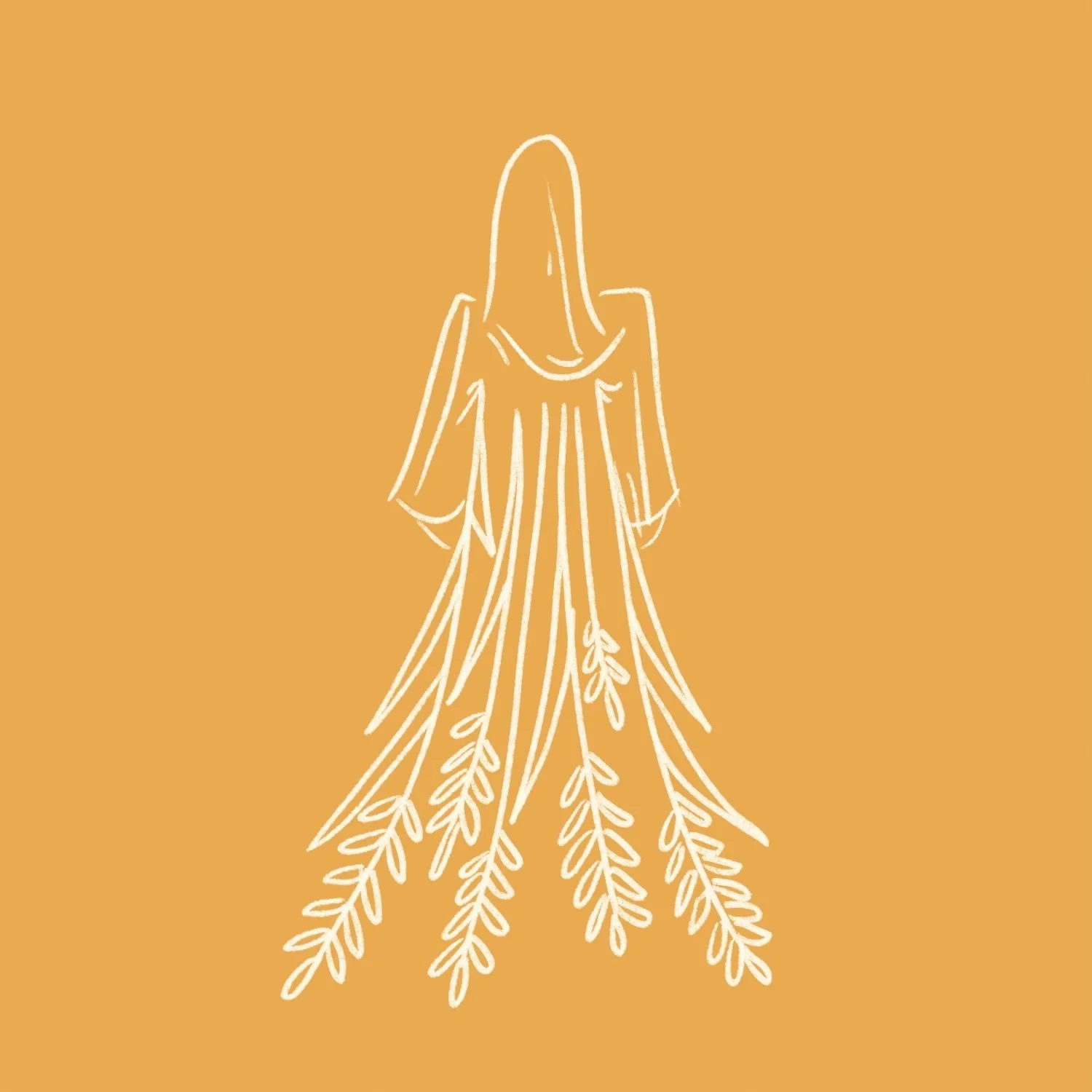“By comparing Israel’s sinful behaviour with the vile behaviour of an immoral and adulterous wife, Hosea reminds his audience, then and now, of both the seriousness of sin and its effects, and of the amazing greatness of God’s mercy and love…Unfaithfulness to God in Israel and the church cannot be ignored. Either people are believers and are faithful to their covenant commitments to God, or they are not a part of the family of God… Unless we respond to these warnings of Hosea, we should have no certainty of our salvation.”
Philippians 2:1-11
Mark 11:1-11
“Mark is keen to show, almost word for word, that absolutely everything went according to plan. That everything occurred just as Jesus said it would. Ever, always in Mark, Jesus is shown to be in control of every situation, he is always the authority in the room, he is always in command of what happens around him. It’s one of Mark’s big themes that grows throughout his book, guiding his readers to readily acknowledge Jesus, not only as the King of kings and Lord of lords, but personally so. You and I are to witness these moments and proclaim, Jesus is my King. He is my Lord…”
Habukkuk 1
Church Membership and the Elders (Ezekiel 34:1-16)
“Another way I see domineering leadership enter the church is when church elders try to force the change they wish to see in people rather than to teach the word, set an example with the way they live their own lives, and then give time for the gospel to do its work. We can be very sincere in our desire for holiness in the church and to see people changed, but if we try to accomplish the sanctification of God’s people by authoritarian means, we have become oppressors rather than shepherds….Hearts are not changed by threats and anger, but by greater understanding of the loyal love and gentle compassion of our Lord.”
Mark 10:32-52
“…This could well be our spiritual constitution. Every kingdom needs a constitution, and this is as fine a summary as ever there was. In the kingdom of God, only God is king, everyone else ranks the same, and even though upon which he confers some role of authority is only just a servant. None higher, none lower. We are all just servants. Slaves even. Happy, well-looked after slaves of the king. If God is good, providing for our every need, and is our leader, keeper, and guide, there’s no need to jostle for position, there’s no point in jockeying for rank…”
Ruth 4:1-22
“Naomi, though personally loved and cared for by God, has been a stand in for all of his people this entire time! Though we deserve his judgment as much as anyone else, God is faithful to his covenant promises. Just as he relented in his judgment upon Elimelech’s family, turned and ensured their good and their future, so he also relented in his judgment upon all of Israel, preserving a remnant among them and establishing an eternal dynasty for his people despite their faithlessness. And, even now, God is transforming a people, making us faithful, by revealing his faithfulness in his word.”
Ruth 3:1-18
“The 3rd act ends once again with the words of Naomi. The narrator opens and closes all the other acts, but here, again, Naomi has the first and last words. Her first words are the the first expression of ḥeseḏ which come from Naomi. We get to watch God restore her in more ways than one. Naomi’s outlook changes radically from self-absorption to concern for her daughter-in-law’s well-being. The bitter old woman has started to care for the needs of others. God is truly gracious in the restoration of his people. And he is using his people to bring about this change. This restoration comes as a result of the ḥeseḏ of God expressed to her in the ḥeseḏ of faithful Boaz and loyal Ruth. It was God who first provided her, out of all the unfaithful Israelite, and Moabite women, a daughter-in-law worth more than ten sons; a woman of valor who would devote herself to Naomi’s cause.”
Ruth 1:21-2:23
“The Book of Ruth demonstrates that peace and well-being — the shalom of God — is possible in the midst of personal catastrophes and amid societal degeneration as in the days of the judges, not unlike as it is today. When God is at work, however and bitterly hopeless the beginning, it can result in surprising good. When we are in similar desperate straits, we might see in simple food at the table, and loyal friends, the very work of God, His ḥesed love, his covenant faithful love, sustaining and guiding us until the day he dispels the darkness. We also see that this sovereign control, the meticulous provision of God, is on display in the obedience of his people…”
Ruth 1:1-21
“So what should we learn from the first act in Ruth? Your hardship — even your tragedy — may not be a judgment for your sin. But we dare not quickly come to that conclusion. Like Naomi and Elimelech, none of us is receiving worse from God than we deserve. This is a lie I have told myself many times: ‘I don’t deserve this. I’ve been good…We dare not come to the conclusion that we are receiving worse from God than we deserve…A good, holy, loving God is not in the business of glibly using the death of family members as pawns in a game to get us to know him better. He is in the business of judging people, for that is his prerogative.”






